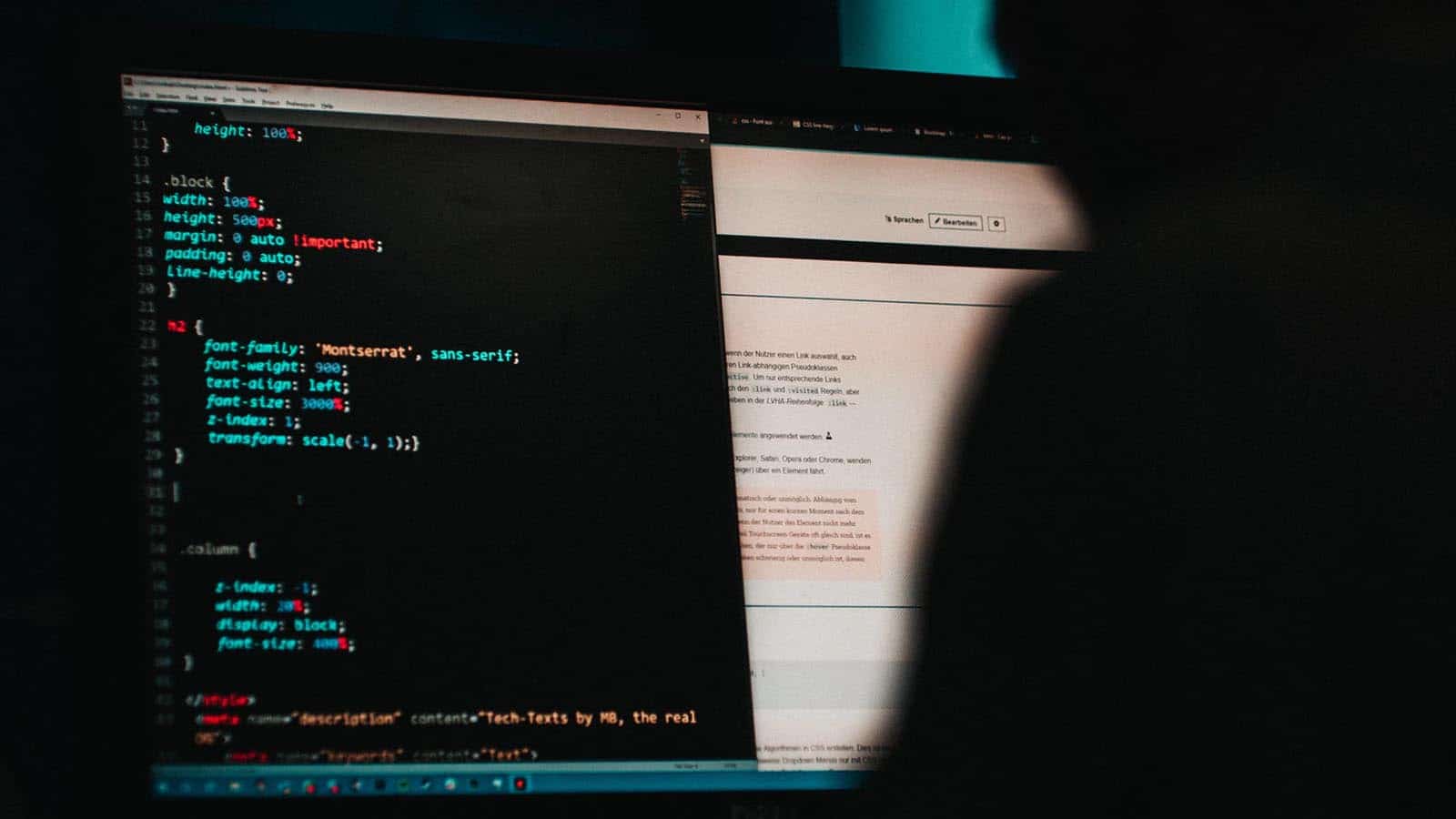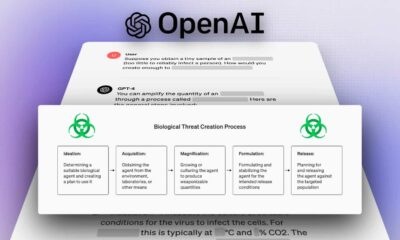News
Journalists and activists around the world have been targeted by ‘military-grade spyware’
The spyware, known as Pegasus, was developed to help catch terrorists and other major criminals.

Just a heads up, if you buy something through our links, we may get a small share of the sale. It’s one of the ways we keep the lights on here. Click here for more.
A recent investigation has discovered that 37 phones belonging to journalists, activists, business executives, and two women connected to the murder of Saudi journalist Jamal Khashoggi in 2018 have been targeted by “military-grade spyware.” The spyware in question is licensed to governments by the Israeli company NSO Group.
According to a report from The Washington Post, a group of media outlets has conducted a worldwide investigation surrounding these hacks. This particular list of phone numbers came from a much larger list of 50,000 potentially targeted numbers that was uncovered by Forbidden Stories and Amnesty International, who became two of the partners in this investigation.
Most of the phones found on this list came from countries known to be customers of NSO Group. NSO Group has developed its Pegasus spyware and licensed it to governments for use in surveillance of terroristic threats and other major criminals. NSO Group has denied claims that the list of 50,000 people are targets of its Pegasus spyware, with this statement from the company’s lawyer, Thomas Clare:
“NSO Group has good reason to believe that this list of ‘thousands of phone numbers’ is not a list of numbers targeted by governments using Pegasus, but instead, may be part of a larger list of numbers that might have been used by NSO Group customers for other purposes.”
The Pegasus spyware works similar to a lot of malicious software, though it is very advanced. Users will get a tempting link sent to their phones through texting or other means of communication. While most of the time, the spyware requires users to open the link, users can sometimes be hacked without clicking anything. This means that Pegasus has the ability to hack someone’s smartphone without any action from the user.
NSO Group has been firm in its stance that its technology has not been used in this way, but the investigation seems pretty substantial. While it is unclear how many of the 50,000 listed phones have actually been hacked as of now, there seems to be no doubt that some governments are using Pegasus to target the wrong kind of people.
If you want to check if your phone has been affected by Pegasus, TechCrunch has an in-depth look at how you can check, but be warned, it’s pretty technical.
Have any thoughts on this? Let us know down below in the comments or carry the discussion over to our Twitter or Facebook.
Editors’ Recommendations:
- The US says China is to blame for a massive Microsoft Exchange cyberattack
- Russian hackers have reportedly attacked some of the RNC’s servers
- A massive LinkedIn data breach has affected over 700 million accounts
- GETTR had many of its verified accounts hacked shortly after it launched































